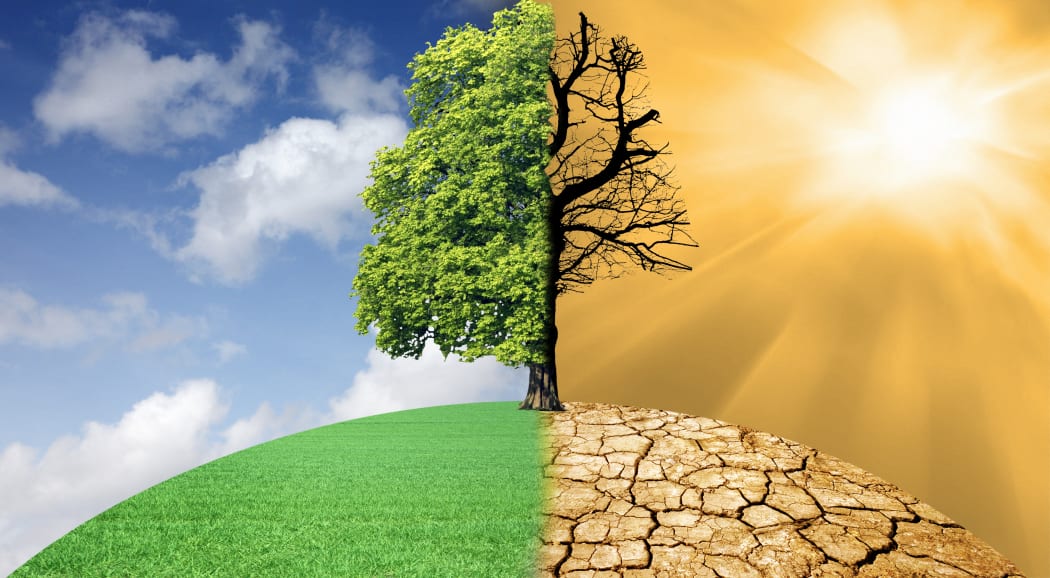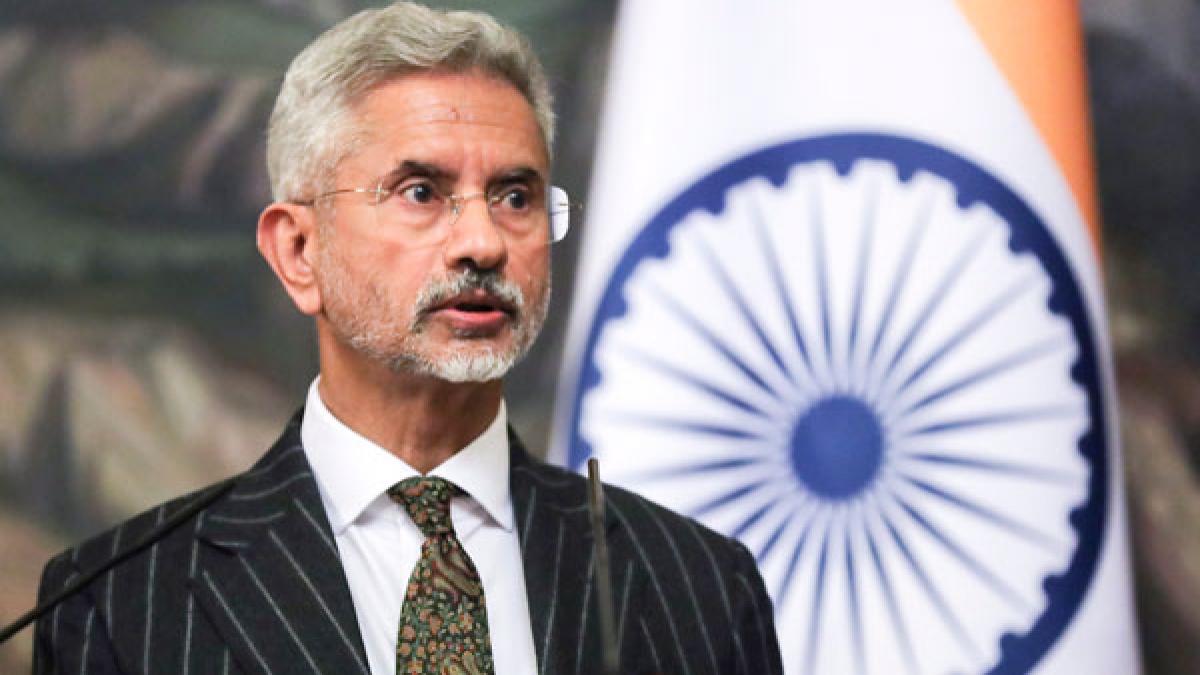A new study published in the Proceedings of the National Academy of Sciences warns that climate change could expose a staggering 2.2 billion people living in India's Indus Valley and Pakistan to dangerously high levels of heat by the end of the century. The research, conducted by experts from Penn State College of Health and Human Development, Purdue University College of Sciences, and Purdue Institute for a Sustainable Future in the United States, underscores the severe consequences of global warming.
The study reveals that if global temperatures rise by just 1 degree Celsius or above current levels, billions of individuals will confront heat and humidity levels surpassing human tolerance, making it impossible for them to cool their bodies naturally. Humans can endure specific combinations of heat and humidity before experiencing heat-related health issues like heat stroke or heart attacks.
Since the industrial revolution, when fossil fuels became a primary energy source, global temperatures have increased by approximately 1 degrees Celsius. The Paris Agreement, signed by 196 nations in 2015, seeks to limit global temperature increases to just 1.5 degrees Celsius above pre-industrial levels.
The research conducted by the team explored various temperature scenarios, ranging from a 1.5-degree Celsius increase to a worst-case scenario of 4 degrees Celsius, highlighting areas where warming would push heat and humidity levels beyond human limits. This study underscores the urgent need for global action to mitigate climate change and protect the health and well-being of billions of people worldwide.








 OpinionExpress.In
OpinionExpress.In















Comments (0)